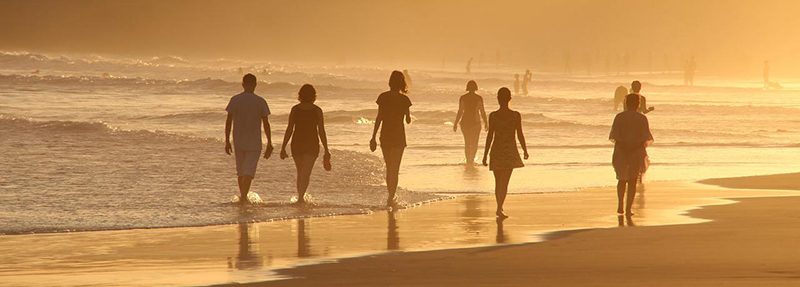Co-design care in cases of sexual violence in Jönköping County
A collaborative project between Region Jönköping County, the organization for Municipalities, the County Administration Board Jönköping, Nova-huset, Rise Sweden, the Jönköping Police organization and Jönköping Academy. Helena Kilander is the lead researcher. The project is part of the Samskapa programme and is funded by FORTE and Region Jönköping County.
Information about the project
Exposure to sexual violence is a global public health problem that has profound negative consequences both for the physical and mental health and for the future relationships of those affected.
According to a Swedish report from the Swedish National Child Protection Agency (2022), one in four pupils in year 3 of upper secondary school said they had been subjected to sexual violence at some point during their childhood. For adults in Sweden, more than one in ten women and one in one hundred men report having been subjected to forced sexual intercourse after the age of 18 when they were in a state where they were unable to defend themselves (Våld och hälsa, 2014 Pdf, 926.1 kB).
It is common that exposure to sexual violence is not brought to the attention of the outside world when it occurs, but is identified much later when the individual seeks care for other reasons. Studies show that the health care system in Sweden needs to improve its ability to create structures to detect sexual vulnerability earlier and to coordinate and streamline care.
The project aims to identify needs and resources and to develop proposals for actions and metrics. Furthermore, the project aims to test improvement measures regarding help, support and care in connection with sexual violence in Jönköping County.
Together with other actors in the county, such as health care, social services, school health, the police, non-profit organizations and based on the lived experiences of the vulnerable, we will work according to the method Experienced based co-design. Data will be collected through focus group discussions, surveys, field notes and individual interviews. In this way, the whole project is characterised by collaboration and co-production.
Researchers
Helena Kilander, PhD, AKL
Annika Nordin, PhD, AKL
Bertil Lindenfalk, PhD student, AKL
Sofi Fristedt, Associate Professor, AKL
Cecilia Fredlund, PhD, Linköping University



